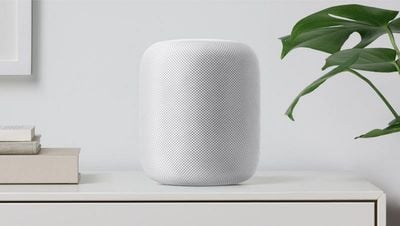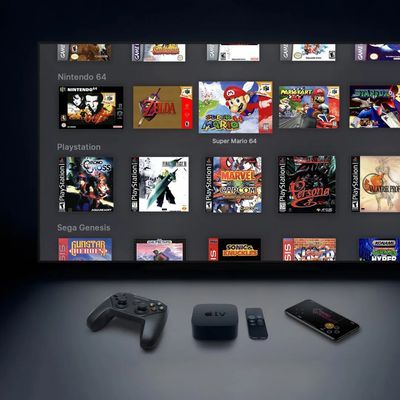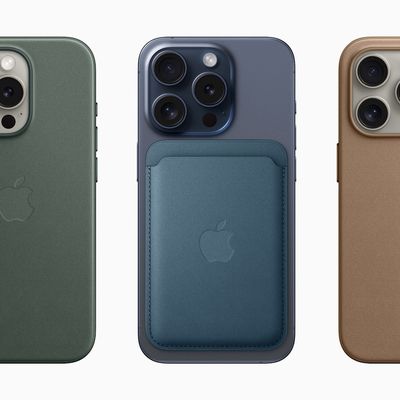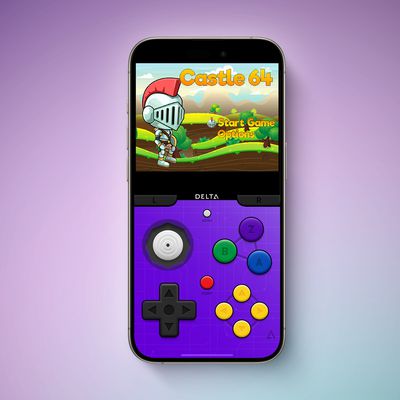HomePod acoustic tests performed by Fast Company and published Tuesday appear to support Apple's claim that algorithms built into the smart speaker make it capable of distributing sound evenly throughout a room.
According to Apple's marketing material, music played on HomePod is evenly distributed so that it sounds similar regardless of where the listener is standing or sitting in the room. Apple also claims that HomePod's output remains consistent wherever it is placed in an environment, thanks to sophisticated always-on sound processing algorithms.

HomePod uses its six-microphone array to record the behavior of the sound waves emitted by the speakers, while the algorithms analyze the incoming data to adjust the output of the speakers and deliver a consistent representation of a piece of music throughout the listening environment. Another microphone deeper inside the HomePod picks up the presence of walls and other large objects that might interfere with the distribution of certain sounds, like the long sound waves of bass notes, and the algorithms adjust the output accordingly.
To test the claim, a HomePod was placed on a 30-inch high table by a wall and a white noise test sound was played through it that produces an equal amount of decibels throughout the frequency spectrum. This output was recorded from four locations in the room, and then each sound profile was compared to see how much variation occurred across the full frequency spectrum. The testing gear used in the experiment was loaned by Liechtenstein-based acoustics company NTi Audio AG.
According to Brian MacMillan of NTi Audio AG, which provided the testing gear used in the experiment, the HomePod's profile changed very little, with an average variance of less than 0.95 decibels across all audible frequency bands, which is considered below the threshold that can be heard by a human ear. Comparatively, the test team saw considerably more output variation from a Harman Kardon Invoke speaker, which had an average variance of 3.4 decibels.
In short, Apple's claim that the HomePod can deliver a consistent representation of a piece of music throughout the room looks truthy.
"The developers have done an excellent job of having the HomePod adjust to the room; (it has) impressive consistency in overall level and frequency response," said NTi's MacMillan.
"The HomePod automates spatial compensation that previously required a real audiophile's expertise, tools and time," he said.
The HomePod's sound has received praise by both new HomePod owners and media sites that tested the device ahead of its release, although Consumer Reports' doesn't believe the HomePod outshines the Google Home Max and the Sonos One. Other reviews have disagreed with that analysis, including an extensive, in-depth review published by a self-professed audiophile on Monday.



















Top Rated Comments
If it was a crap product with terrible reviews then MR would be sharing those too - just because you don't like it doesn't mean positive feedback is artificial hype.
The speaker will continue to get smarter, but it’s always going to sound about the same. For what it’s worth, I have one, and my studio could use at least 3 more. That wouldn’t be true of any other smart speaker on the market.
Consumers are a wide market. This is why a variety of products can exist.
How much more clearly does Apple have to put it for you to finally understand that this thing is all about music, not about being a lowly smart speaker?